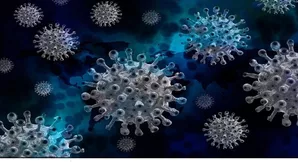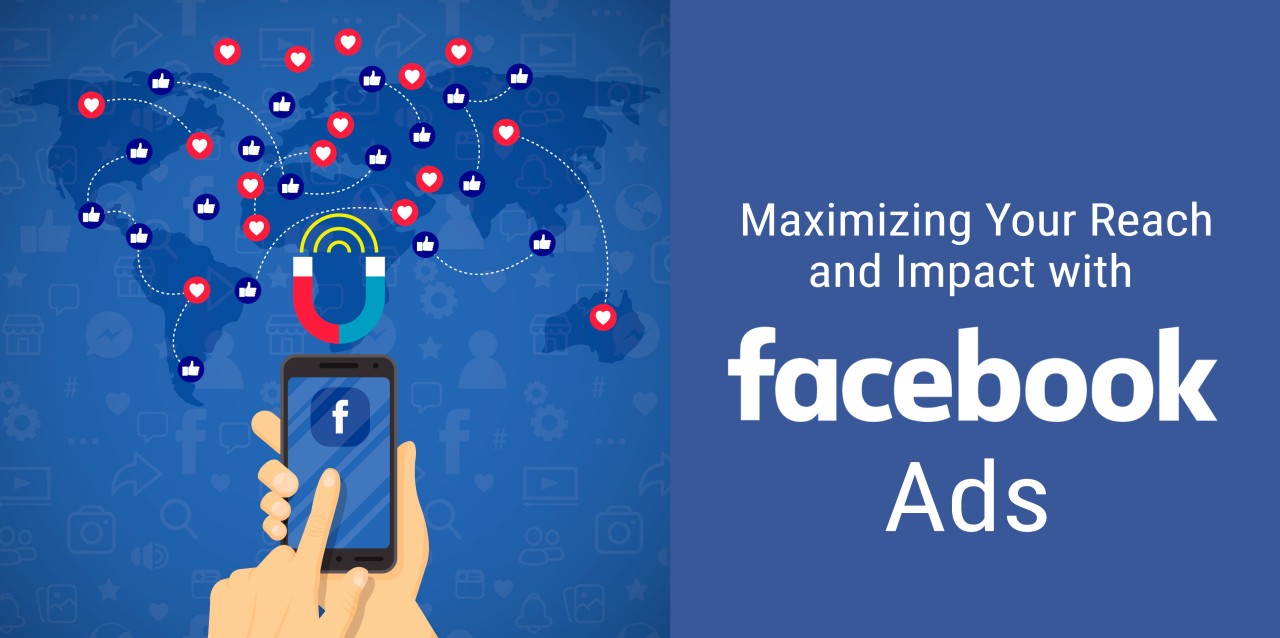Onset of Covid pandemic soared antidepressant use in young girls: Study

Antidepressant Use Rises Sharply Among Adolescents, Young Adults During Pandemic
New York, Feb 26 (IANS) – A recent study published in the journal Pediatrics has revealed a concerning trend – a significant rise in antidepressant use among adolescents and young adults, particularly girls, following the onset of the Covid-19 pandemic. The rate of antidepressant dispensing increased by nearly 64 per cent faster after March 2020 in individuals aged 12 to 25.
Lead author Kao Ping Chua, a paediatrician and researcher at the University of Michigan Health C.S. Mott Children’s Hospital, noted, “Antidepressant dispensing to adolescents and young adults was already high and rising before March 2020. Our findings suggest these trends accelerated during the pandemic.”
The study highlighted a substantial increase in the antidepressant dispensing rate among females, with a 130 per cent faster rise among girls aged 12-17 years and a 60 per cent faster increase among females aged 18-25 years. Chua stated, “Multiple studies suggest that rates of anxiety and depression among female adolescents increased during the pandemic. These studies, coupled with our findings, suggest the pandemic exacerbated a pre-existing mental health crisis in this group.”
Surprisingly, the antidepressant dispensing rate among male young adults remained largely unchanged after March 2020, and actually declined among male adolescents. Chua expressed skepticism about the decline, remarking, “It’s hard to believe this decline reflects improved mental health.”
One possible explanation for the decline in antidepressant use among male adolescents could be the reduced access to healthcare during the pandemic. Chua and his team suggested that missed physicals and health care visits may have led to a decrease in opportunities to diagnose and treat anxiety and depression among male adolescents.
Chua emphasized that the rise in antidepressant dispensing may not solely be attributed to deteriorating mental health, citing long waitlists for psychotherapy as another contributing factor. He explained, “In my primary care clinic, I often heard from patients and families that they were facing 6-9 month wait lists for therapy during the pandemic. In those situations, it didn’t make sense to withhold antidepressants and recommend a therapy-only approach.”
The study sheds light on the impact of the pandemic on mental health, particularly among young people, and underscores the importance of addressing mental health needs promptly and effectively, especially in times of crisis.
–IANS
rvt/uk










